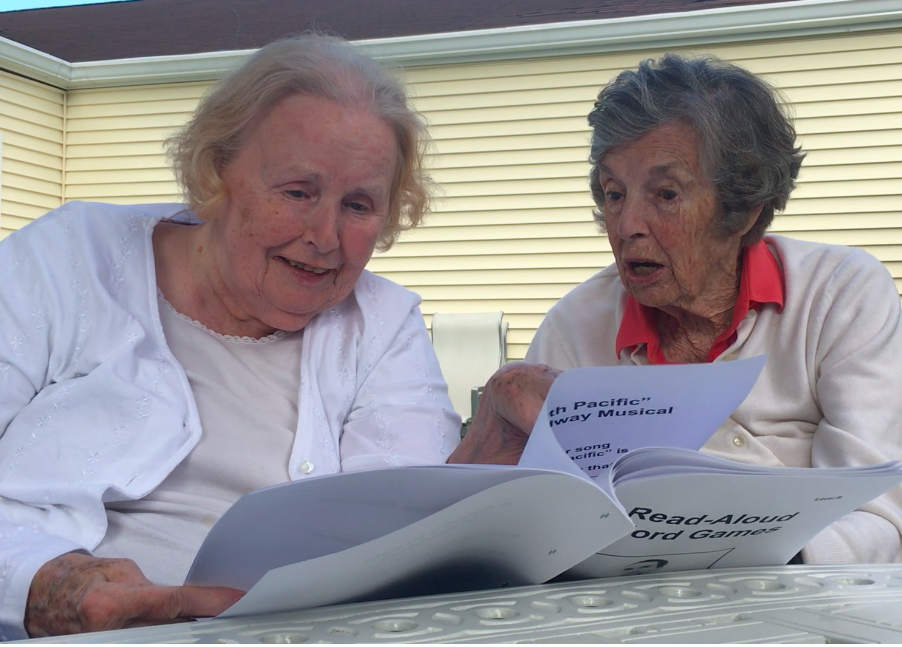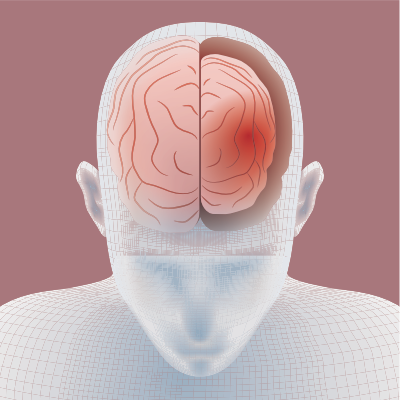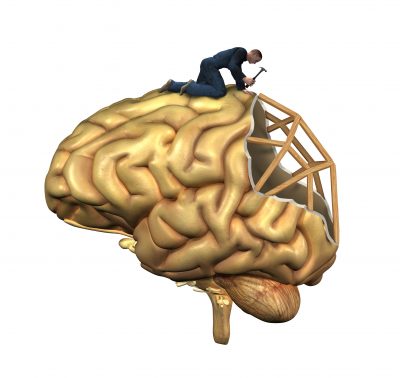The Magic of Reading for Persons with Dementia
When you explore why we humans like to read, you find statements such as,
Posts about:

When you explore why we humans like to read, you find statements such as,


Access to quality rural healthcare, resources, education, and support is a growing challenge in the US and around the globe. What does this mean for the growing numbers of persons living with dementia and their families who are caring for them? How does this affect the quality of care being offered by nursing homes and other care providers?

Although Frontotemporal Dementia (FTD) is largely misunderstood, it is the most common form of dementia for people under age 60.

It's hard to believe that I've not had my dad in my life for over 20 years now. So much of who I am and what I've taught to my children came from my dad. So, it's appropriate that this blog be a tribute to my dad this Father's Day.

(Society for Neuroscience) The discovery that the human brain can produce new cells in adulthood offers just one example of how adaptable the brain is throughout life. With this knowledge, researchers are investigating how normal aging as well as neurodegenerative diseases like Alzheimer’s disease affect that adaptability, and how we can maintain healthy brain function as our brains age. So what is neuroplasticity?

Our guest blogger is AGE-u-cate Master Trainer, Sue Wilson, LMSW, CADDCT, CDP - 360 Elder Solutions (www.360eldersolutions.com)